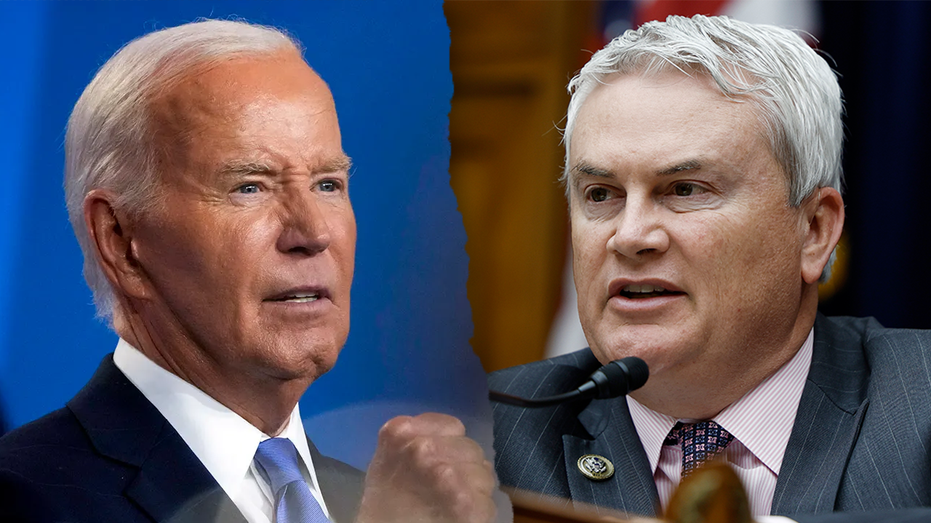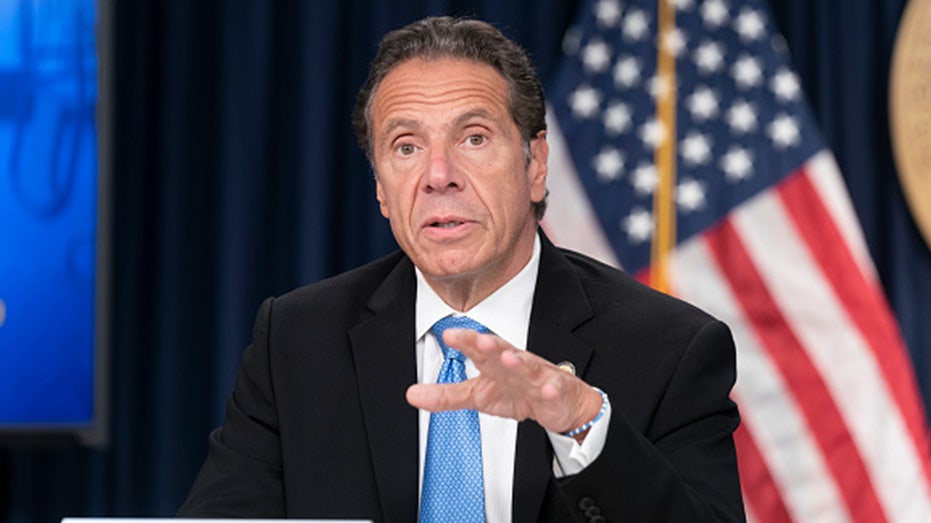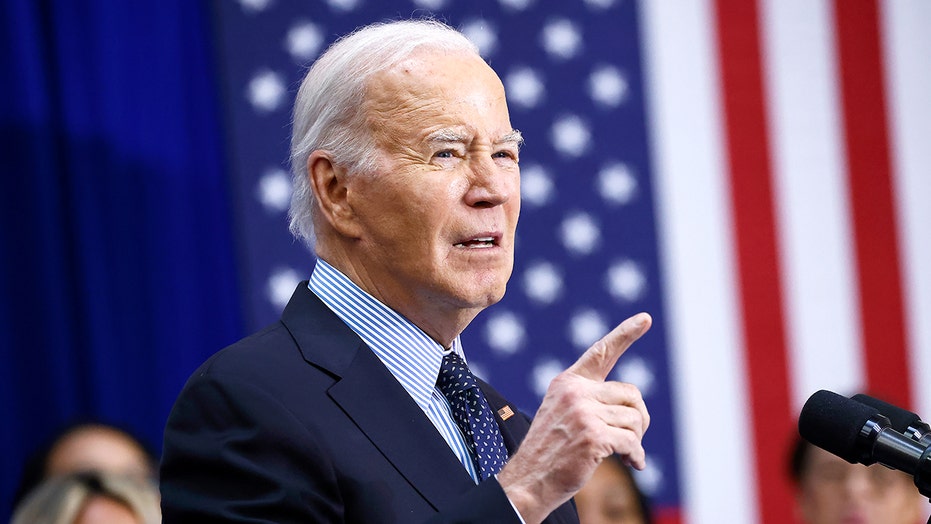Exclusive: Comer Praises DOJ Biden Investigation as House Inquiry Intensifies
House Oversight Chairman James Comer commends Trump administration probe into Biden's pardons.

House Oversight Committee Chairman James Comer has intensified his investigation into alleged efforts to obscure former President Joe Biden’s cognitive decline, a probe that now receives support from the Trump-era Department of Justice. The DOJ has launched its own inquiry into whether sweeping presidential pardons issued by the Biden White House involved unauthorized use of an autopen, raising critical questions about who was actually directing key executive actions during Biden’s term.
Comer described the DOJ’s investigation as “right,” underscoring the demand for transparency and accountability regarding decision-making in the prior administration. The Kentucky Republican has already requested testimony and information from five senior aides—including Biden's personal physician, Dr. Kevin O’Connor—and signaled the committee is ready to issue subpoenas if necessary. Lawyers for these former staffers are currently in talks with the committee, though no official appearances have been confirmed.
“The House Oversight Committee is investigating the cover-up of President Biden’s mental decline and will be talking soon with a large group of former administration and campaign officials, under subpoena if necessary. We welcome the DOJ’s additional efforts to ensure accountability,” Comer emphasized in recent statements. The DOJ, for its part, has so far declined public comment on the matter.
Republicans have significantly raised the pressure on Biden’s former administration following a series of reports suggesting that the president’s cognitive and physical health deteriorated more significantly than previously acknowledged. Discussions around Biden’s acuity, once considered off-limits in Washington, became a focal point after his widely criticized performance in a 2024 debate against then-candidate Donald Trump.
Since that turning point, stories and anecdotes about Biden forgetting longtime allies or becoming distracted in critical meetings have multiplied, sparking fresh scrutiny over his presidency’s final decisions. One focus is the controversial issuance of broad pardons, including one for his son, Hunter Biden—despite earlier assurances he would not extend such clemency. Questions have surfaced about whether these decisions were properly vetted, or if they were executed via autopen without Biden’s direct involvement.
Beyond cognitive concerns, Biden has also faced significant health challenges. Last month, he announced he was battling stage 4 prostate cancer but said recently he remained "optimistic" about his prognosis. Nonetheless, critics argue that the combination of his health issues and accounts of cognitive decline raise serious implications about the transparency and legitimacy of executive decisions made during his tenure.
Both the DOJ and the House Oversight Committee appear to be focusing their investigations on determining the extent of Biden’s mental decline and whether authority was improperly transferred to staff members or outside parties. In formal letters to former White House officials, Comer stated, “The Committee on Oversight and Government Reform is investigating the role of former senior Biden White House officials in possibly usurping authority from former President Joe Biden and the ramifications of a White House staff intent on hiding his rapidly worsening mental and physical faculties.” The results of these concurrent probes could have lasting implications for how presidential health is disclosed and how executive power is managed at the nation’s highest level.




